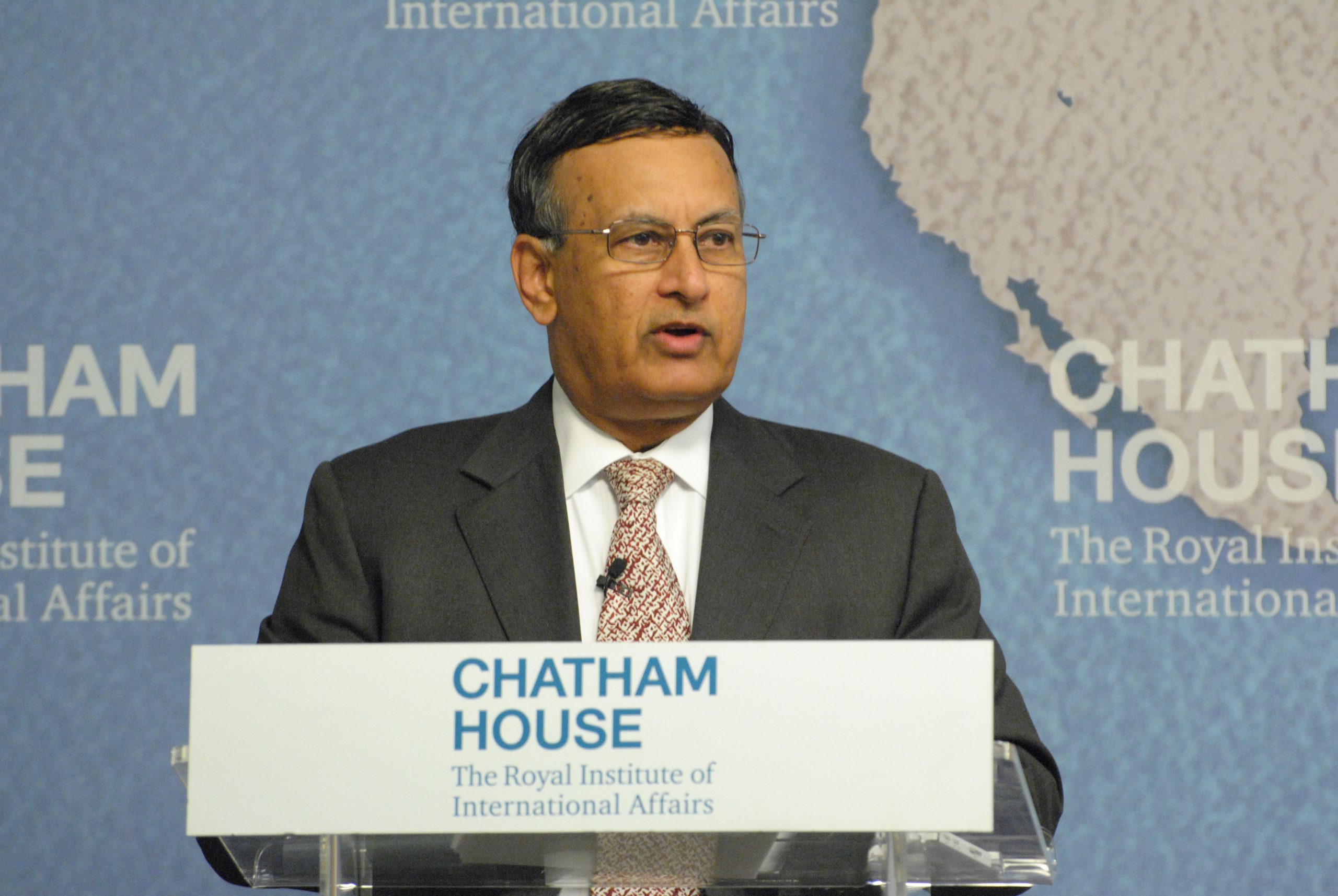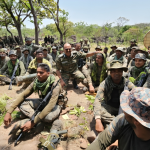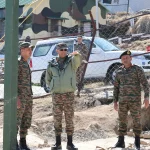In a startling admission, former Pakistani diplomat and ex-ambassador to the United States, Husain Haqqani, has publicly called on Islamabad to dismantle jihadi groups operating within the country. His statement follows the deadly terrorist attack in Pahalgam, Jammu and Kashmir, which killed 26 civilians and triggered a sharp military escalation between India and Pakistan.
Taking to social media platform X, Haqqani questioned the continued presence and patronage of extremist groups such as Lashkar-e-Taiba, Jaish-e-Mohammed, and Sipah-e-Sahaba, all of which are part of the broader Difa-e-Watan Council. He wrote, “A terrorist attack in Pahalgam led India and Pakistan to the brink of total war. To avoid that in future, it is important to shut down Jihadi groups. With well-equipped armed forces, why does the country need Lashkar, Sipah, Jaish, and their Difa-e-Watan Council?”
Haqqani’s remarks have intensified global scrutiny of Pakistan’s long-standing links to terror groups, which have not only destabilized South Asia but also posed threats to international security. His statement comes amid increasing international concern about the safety of Pakistan’s nuclear arsenal, with many fearing that internal instability or radical elements could compromise nuclear command and control.
Earlier, Indian Defence Minister Rajnath Singh echoed this concern, calling for Pakistan’s nuclear weapons to be brought under the supervision of the International Atomic Energy Agency (IAEA). Singh stressed the urgency of international monitoring in light of Pakistan’s record of harboring terrorist factions with access to advanced weaponry and training facilities.
The tensions reached a critical point after India launched Operation Sindoor in response to the April 22 terrorist strike in Pahalgam. The precision military operation, conducted on May 7, targeted terror camps in Pakistan and Pakistan-occupied Kashmir (PoK). In retaliation, Pakistan attempted to strike Indian military installations on May 8, 9, and 10, escalating the conflict.
India responded with decisive force, launching missile and long-range weapon attacks on eight Pakistani air bases on May 10. These strikes were aimed at neutralizing Pakistan’s ability to support further cross-border aggression.
Haqqani’s candid criticism represents a rare instance of a high-ranking former Pakistani official publicly acknowledging the dangers posed by the state’s entanglement with extremist groups. His call for accountability and demilitarization of non-state actors is likely to put additional pressure on Islamabad from both domestic critics and international partners.
As the region grapples with the aftermath of the Pahalgam attack and Operation Sindoor, Haqqani’s remarks have reignited debate over Pakistan’s internal security policies and their broader implications for regional peace and global nuclear safety.













